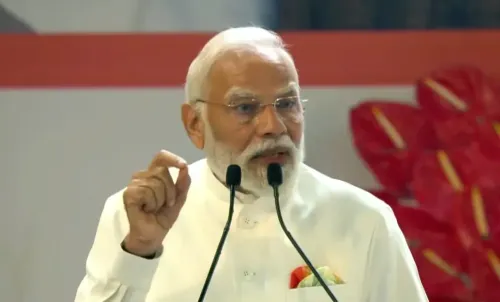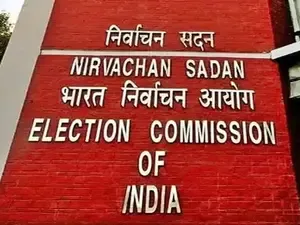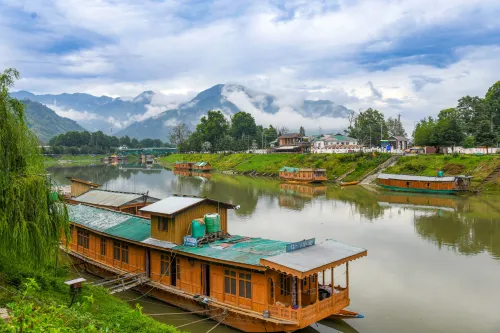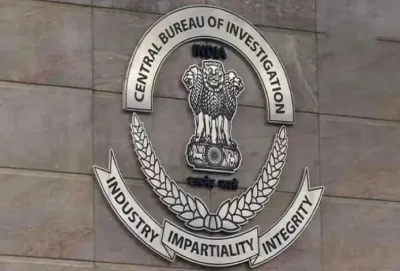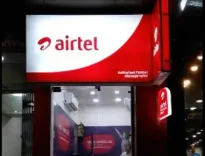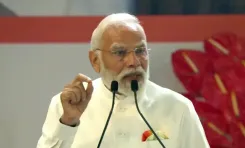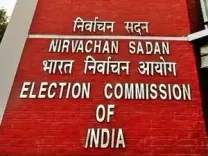Why Did the SC Refuse to Hear the Gag Order Challenge in the Dharmasthala Mass Grave Case?
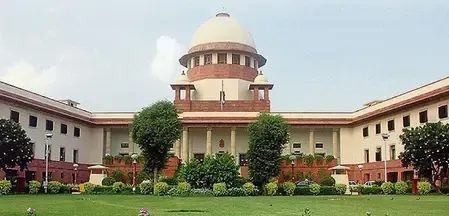
Synopsis
Key Takeaways
- Supreme Court declines to review the gag order.
- Petitioner advised to approach Karnataka High Court.
- Gag order affects approximately 300 media outlets.
- Order restricts dissemination of information regarding the Dharmasthala temple.
- Concerns over freedom of speech and press rights.
Bengaluru, July 23 (NationPress) The Supreme Court on Wednesday declined to hear a petition contesting the media gag order issued by a local court in Bengaluru. This order prohibits the media from disseminating any defamatory information concerning the family overseeing the Sri Manjunatha Swamy temple or the temple itself, relating to the mass grave burial case.
The apex court recommended that the petitioner approach the High Court instead.
A division bench, including Chief Justice of India B.R. Gavai, along with Justices K. Vinod Chandran and Joymala Bagchi, issued the ruling, asserting that the matter should be initially examined by the High Court.
The petition claimed that the gag order was issued 'ex parte', lacking notice or the chance for the other side to respond, and was enacted in less than three hours. It highlighted that the order impacted around 300 media outlets and required the removal of approximately 9,000 links and news articles.
Chief Justice Gavai noted, “We cannot discourage the High Courts,” while guiding the petitioner to seek resolution from the Karnataka High Court.
The petition argued that the Bengaluru court’s gag order represented a deliberate abuse of the judicial process and stemmed from material misrepresentation by the plaintiffs. It asserted that the order hindered a significant state investigation into allegations of mass burials and serious crimes purportedly tied to the Dharmasthala temple. The petitioner contended that the order constituted an infringement on freedom of speech and the press.
Additinally, the petition accused the plaintiffs of misrepresenting facts to the court by asserting that the FIR in the case contained no allegations against them, their family members, or their institutions.
The interim gag order was enacted by the 11th Additional City Civil and Sessions Court in Bengaluru on July 21. It barred individuals and media entities from publishing or broadcasting any defamatory content against the Dharmasthala temple, its religious head Dr. D. Veerendra Heggade, his family, and the institutions they manage. This order was a result of a plea filed by D. Harshendra Kumar.
In its judgment, the civil court remarked that the case was unusual, as certain individuals and media outlets had allegedly begun to circulate false and disparaging statements regarding the plaintiffs, their family, the Sri Manjunatha Swamy temple, and the related organizations without substantial grounds.
The order stated: "The defendants are hereby directed, by way of ad-interim mandatory injunction, to delete/de-index all defamatory content and information against the plaintiff, his family members, institutions run by the plaintiff’s family, and Sri Manjunatha Swamy temple, Dharmasthala -- whether in digital or print media -- until further orders."

